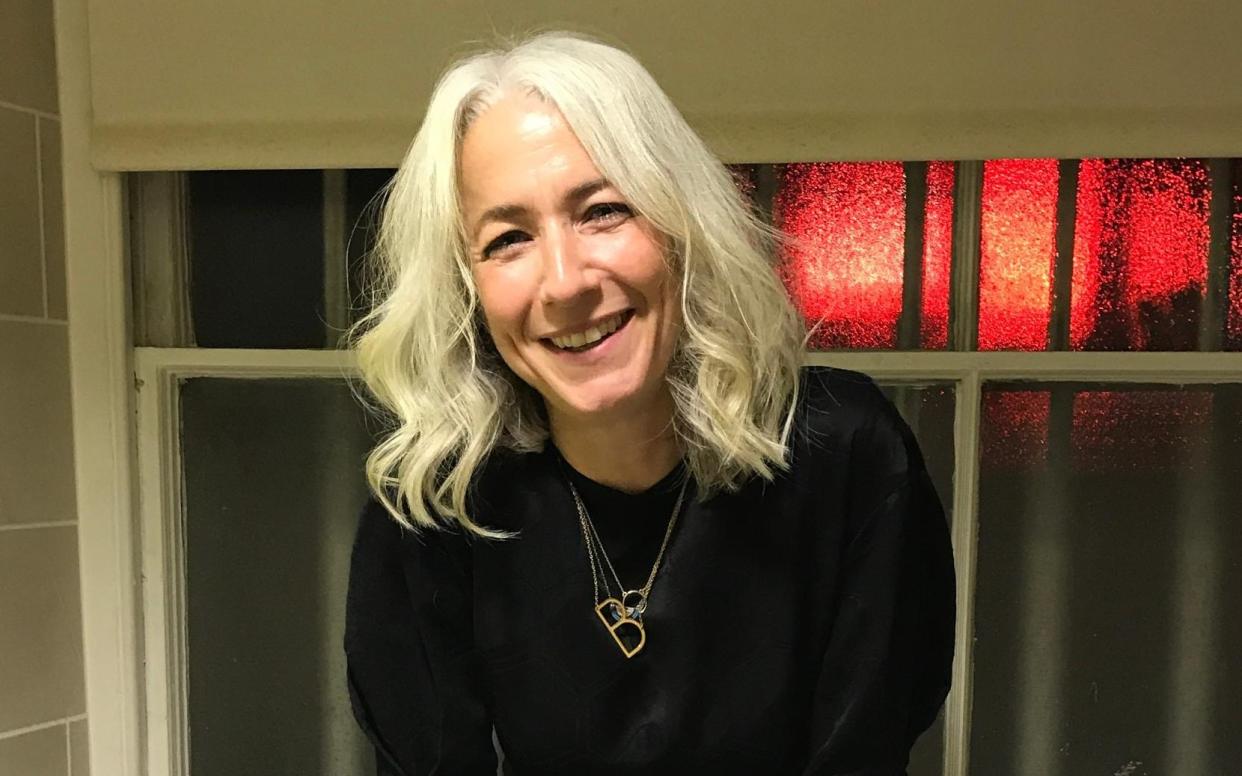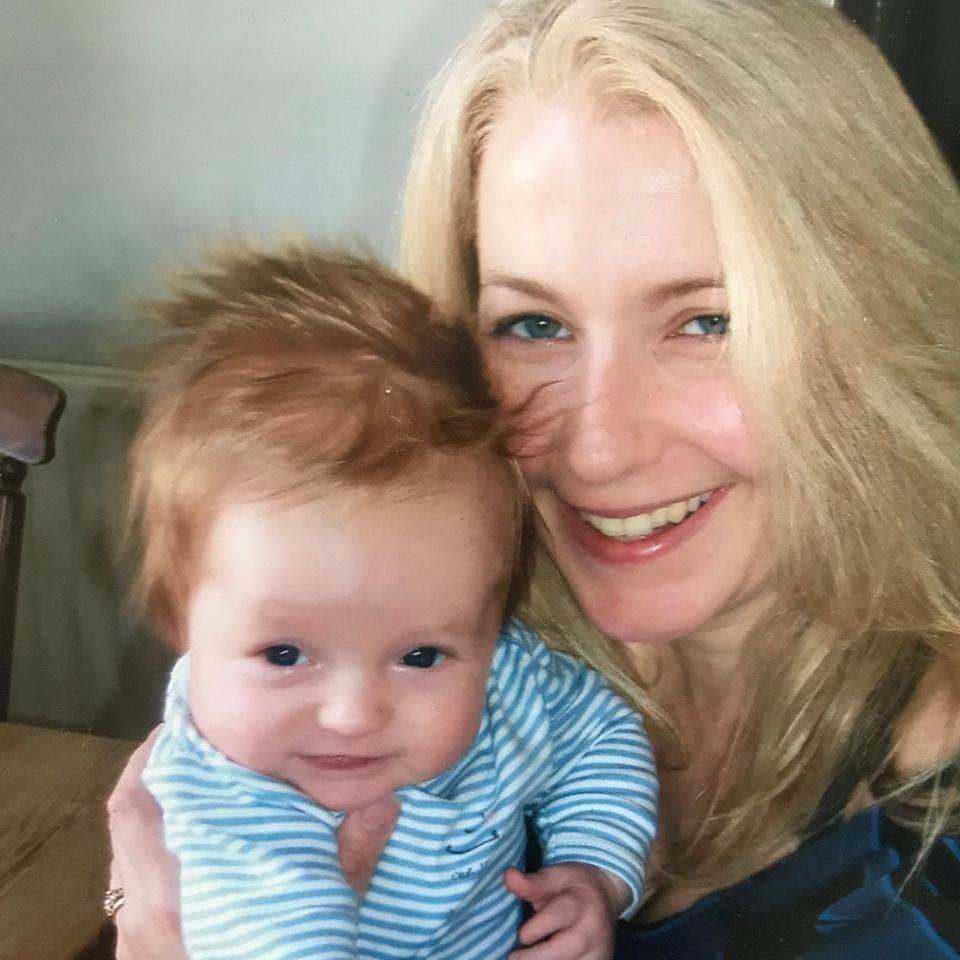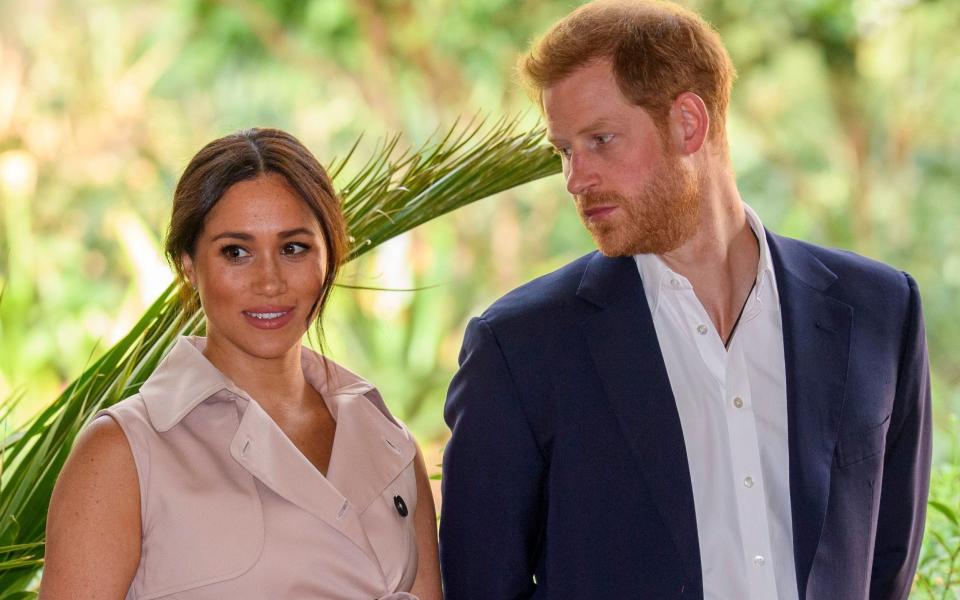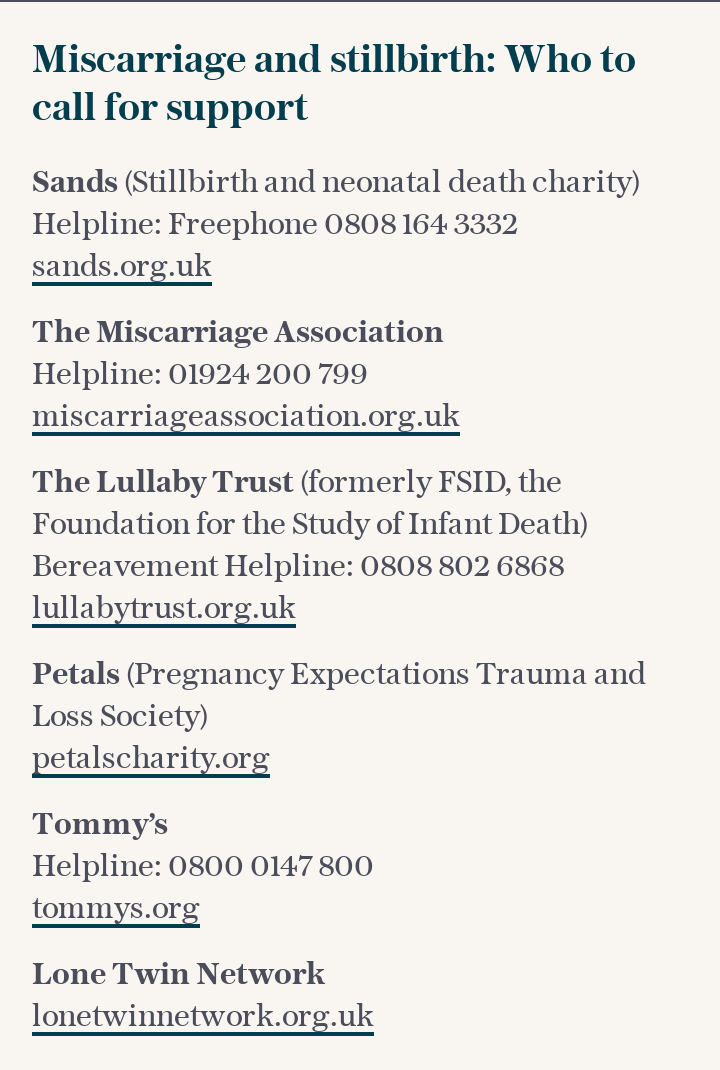‘After three rounds of IVF I had to accept, at 40, my miscarriage was the end of my fertility road’

Miscarriage is the kind of experience that makes you feel stronger when it’s shared and yet, at the time, it feels so private and even shameful that you can’t dare to share it. That’s why I admire Meghan Markle for writing about the “unbearable grief” she felt going through it. And I am relieved that taboo around miscarriage is slowly lifting. When it happened to me 10 years ago, I found a so much solace from speaking to other women. While it’s painfully personal, there’s a comfort that comes from knowing it’s universal, that one in four pregnancies end in miscarriage.
Like Meghan, I already had a child when I went through one. The risk of miscarrying is known to be lower after you’ve had what’s termed a “successful pregnancy”, but it’s not known by how much. People tend to assume that women either have problems getting pregnant, and keep having miscarriages, or they can just keep popping out babies. But in fact it’s incredibly rare to have recurrent miscarriages, defined as three or more. It only happens to one in 100 women. But one in four of us will have a miscarriage.
The majority of these happen before 12 weeks, thought to be mainly be due to chromosomal abnormalities. Meghan doesn’t write how pregnant she was but I was 15 weeks. Pregnant enough to have told colleagues as well as close friends, far enough along to be buying maternity clothes.
Like Meghan, I knew the moment when I was losing a pregnancy. I’d been had some bleeding for a week, off and on but a scan had showed the foetus wiggling around happily. Then, one morning, I felt a pain so intense that I had to sit down halfway up the stairs. It didn’t feel like a false alarm. This would be my second baby. I’d been through labour, and it felt like labour.
I’d just dropped my son Patrick, then aged four, at nursery. I’m glad he didn’t have to see me in the next few hours, as the miscarriage was brutal. I couldn’t get hold of my husband at work as his phone was off, so I took a minicab to hospital. I started vomiting, going hot and cold, delirious. I think I was making a lot of noise. Horribly like birth, but with no hope of a happy ending.

When I could feel the baby was finally coming, a kind nurse took me into the toilet. I assume because it was the only private place on the ward. I caught the foetus in one of those recycled cardboard bowls, head, arms, tiny legs. I remember saying “But it’s too early” over and over.
It turned out my miscarriage had been caused by an infection in my womb with group A streptococcus, the bacteria that also causes scarlet fever. It’s uncommon, so it took a few days for the doctors to find the right antibiotics to treat the infection.
I was pretty ill but the grief felt worse. You mourn the life you imagined with this new person. I’d seen our new family shape, two-up two-down. I’d imagined my two children playing together, glad Patrick would have a lifelong supporter. Now I was looking at life in a single child family. After three rounds of IVF and aged 40, I had to accept I was at the end of my particular fertility road.

I think miscarriage might be worse if you haven’t yet had a baby. Then, there is the prospect of never being able to have one and no comfort from the child you do have. But still, telling Patrick was tough. He’d picked up on our excitement. He’d ask questions: “When the baby comes, will he like the monkey book? When the baby comes, will he sleep in my cot?” Now he asked me why the baby wasn’t coming. I told him: “The baby came too early, so it was too small.” It was a lovely comfort to hold him, hug his little body in those first few weeks.
It can hurt when people say the wrong thing afterwards, even it’s down to just not knowing what to say. I think it’s because a baby who hasn’t been born doesn’t exist as a real person in other people’s minds, even though it’s real in yours. In the hospital, one nurse said: “Don’t worry, you can try again.” A friend who had a first-pregnancy miscarriage told me so many people said “At least you can get pregnant”. To me, people said: “At least you’ve got one.” Meghan wrote how we need to have compassion for anyone in trouble or pain, to ask them: “Are you ok?” I was touched when people were brave enough to ask me, and also when they said: “I’m sorry for what happened.”
Each week, each month, the pain became a little less foreground and more bearable. Therapy helped too, not specifically about this but acknowledging it as a real-life trauma allowed me to be kind to myself about not being able to just get over it. But most of all, the cliché that time heals is true. After, I’d say, five years, I could finally think about that time without being back in the grief. Now, it’s more like a memory, not so charged with emotion. If your miscarriage is more recent and you’re still suffering, I hope that gives you hope.



